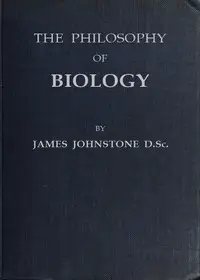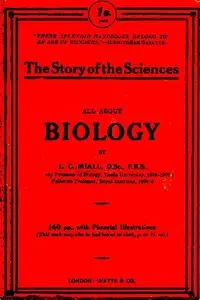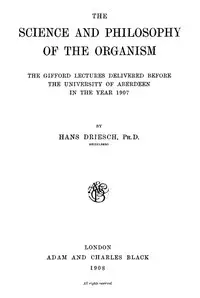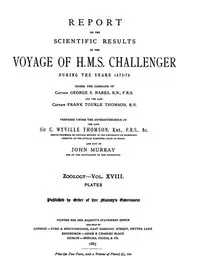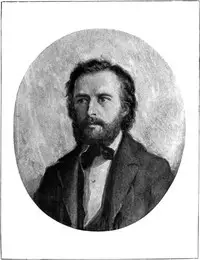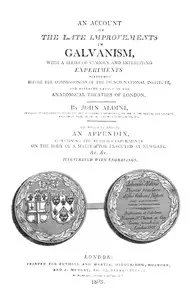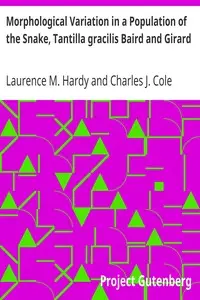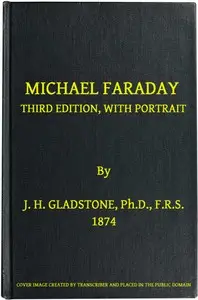"The Wonders of Life: A Popular Study of Biological Philosophy" by Ernst Haeckel is a scientific book from the early 1900s. It explores biology and the philosophy behind it, expanding on the author's previous ideas. The book looks at the details of living things and explains the idea that everything is connected, offering a way to understand biological events and what causes them. Early on, the book talks about the importance of truth and learning and how biology fits into the larger study of nature. It discusses how science and philosophy are related, arguing that real understanding comes from both observation and logical thinking. It also criticizes ideas that separate mind and body, supporting the view that knowledge comes from brain functions, paving the way for a deep investigation into life, its definitions, and its complexities in the rest of the book.
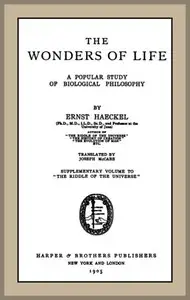
The Wonders of Life: A Popular Study of Biological Philosophy
By Ernst Haeckel
Embark on a journey through the science of life, where the pursuit of knowledge intertwines with the very nature of living organisms, challenging traditional beliefs and inviting readers to explore the profound connection between mind and matter.
Summary
About the AuthorErnst Heinrich Philipp August Haeckel was a German zoologist, naturalist, eugenicist, philosopher, physician, professor, marine biologist and artist. He discovered, described and named thousands of new species, mapped a genealogical tree relating all life forms and coined many terms in biology, including ecology, phylum, phylogeny, and Protista. Haeckel promoted and popularised Charles Darwin's work in Germany and developed the influential but no longer widely held recapitulation theory claiming that an individual organism's biological development, or ontogeny, parallels and summarises its species' evolutionary development, or phylogeny.
Ernst Heinrich Philipp August Haeckel was a German zoologist, naturalist, eugenicist, philosopher, physician, professor, marine biologist and artist. He discovered, described and named thousands of new species, mapped a genealogical tree relating all life forms and coined many terms in biology, including ecology, phylum, phylogeny, and Protista. Haeckel promoted and popularised Charles Darwin's work in Germany and developed the influential but no longer widely held recapitulation theory claiming that an individual organism's biological development, or ontogeny, parallels and summarises its species' evolutionary development, or phylogeny.

